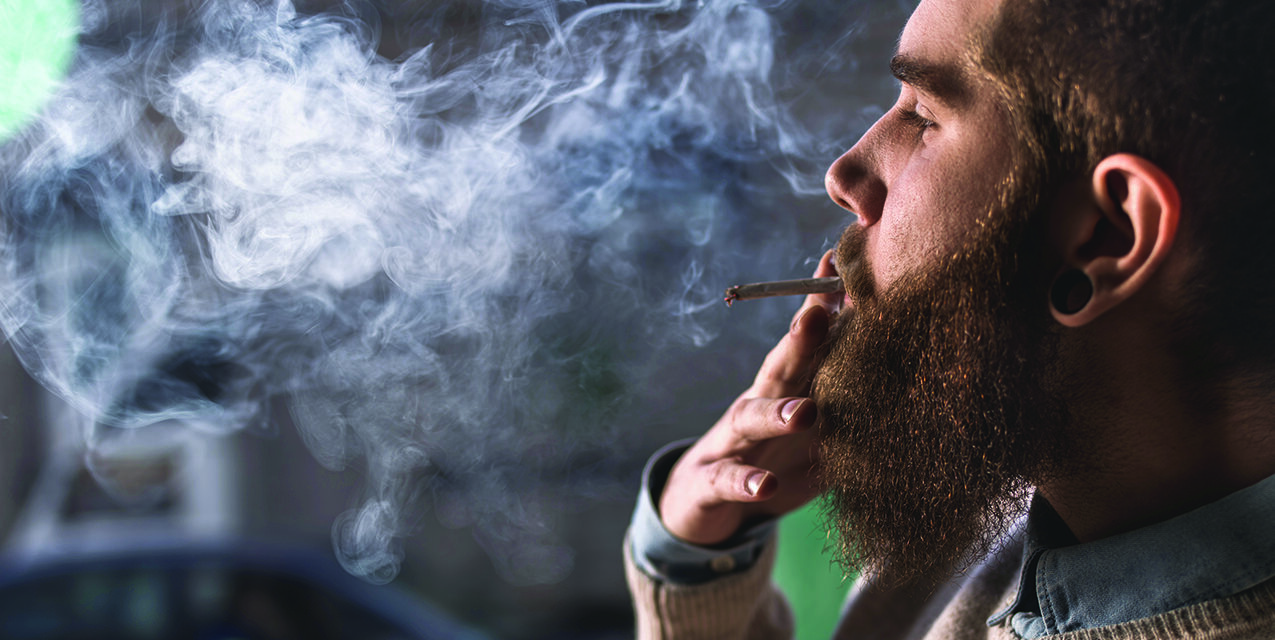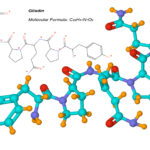By David Mokotoff, MD
Marijuana has been around for 5,000 years. Mary Jane, pot, weed, ganja, grass, or whatever it’s called has THC (Delta-9-tetrahydrocannabinol) as its principal mind-altering ingredient. Depression has long been known to be a side effect of chronic usage. Now, so readily available in the US, the incidence of depression has also increased, making a direct causative link is tempting. However, correlation does not prove causation, nor does diving deeper into the data.
WebMD believes there is a link, stating, “If you have depression, you’re twice as likely to use marijuana than someone who doesn’t have it.” Still, this does not prove causation. Perhaps more people with pre-existing or sub-clinical depression turn to marijuana, thinking it will relieve their depressive symptoms. “Some research shows marijuana can help you feel better if you have depression, particularly in the short term.”
A study by Columbia University Department of Psychiatry found that decriminalizing marijuana causes more depression and suicide. Another study found that more than 2.5 million U.S. teens (about 1 in 10) were casual cannabis users, and more than 600,000 teens — roughly 1 in 40 — met the criteria for cannabis addiction. Even if there is a minor contribution to our nationwide epidemic of depression from marijuana use, this should alarm everyone. While studies in rats reveal that short-term marijuana use can lessen depression, long-term use and addiction can worsen it. Citing the problem of chronic dependence or addiction, researchers say, “One of the biggest concerns with using marijuana as a depression coping tool is that it can result in psychological dependence and addiction. It is estimated that about 30% of people who use marijuana will eventually become dependent on it, and the percentage rises in those who begin using marijuana before age 18.”
Thus, although far from conclusive, and pardon the pun, where there is smoke, there is fire. The association of chronic marijuana use and/or addiction is associated with depression and, therefore, hard to ignore. As our nation grapples with diagnosing and treating depression and suicide, particularly in teenagers, caution and concern are warranted. It is easier than ever to obtain marijuana. Using it is more socially acceptable than when I was growing up decades ago. We already have a huge problem with alcohol abuse and addiction. Why would we want to promote another drug that can destructively alter our minds?
Exploration of drugs and alcohol is part of “growing up.” However, the risks to our children from continued lax marijuana laws, let alone outright legalization, should be weighed against our inherent freedoms of choice. Although the genie may already be out of the bottle, more research should be done. I am a strong proponent of protecting our freedoms. However, the health of our children needs to be weighed against those.
If you or a loved one are struggling with depression, contact the Substance Abuse and Mental Health Services Administration (SAMHSA) National Helpline at 1–800–662–4357 for information on support and treatment facilities in your area.
David Mokotoff, MD is a retired MD, passionate about health, science, medicine culture, and food. See https://tinyurl.com/y7bjoqkd.












